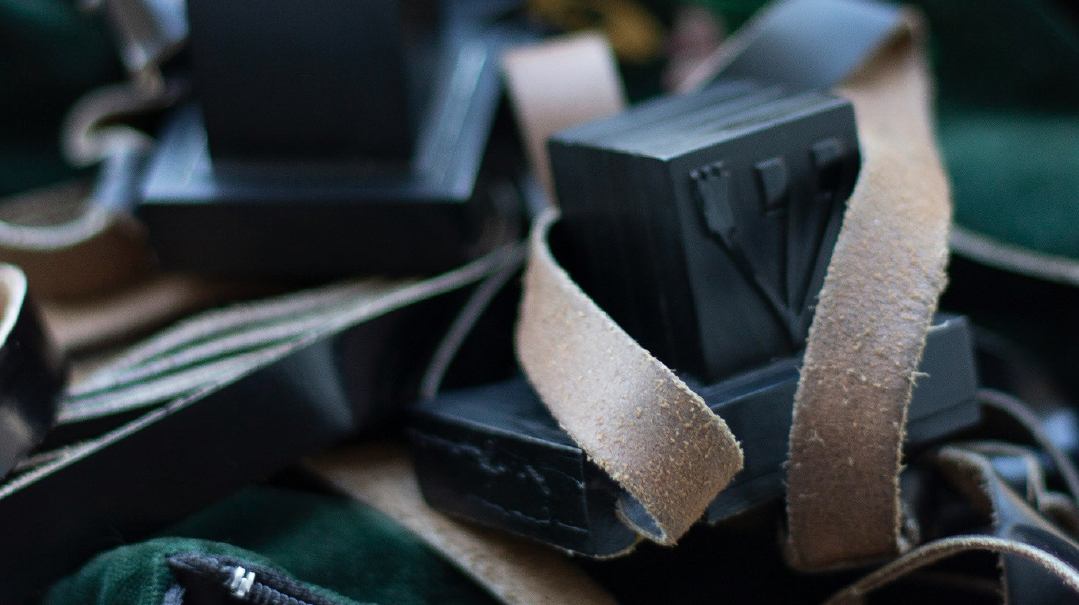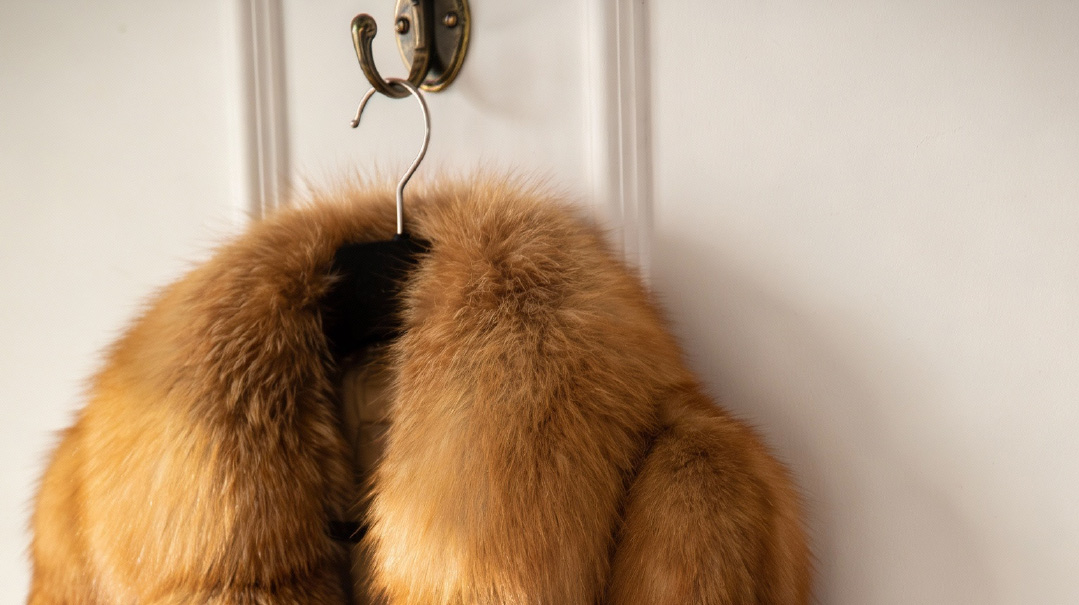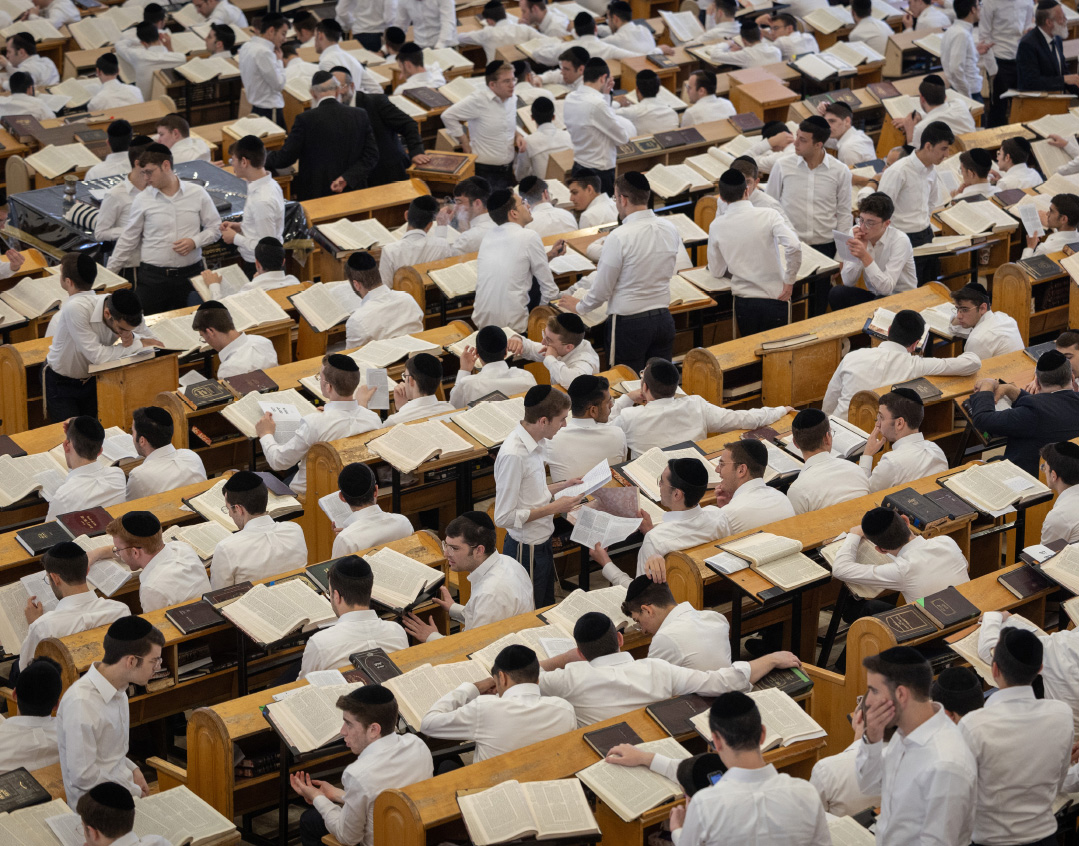The Tefillin Offer
| May 27, 2025My childhood neighbor, Rav Shloime Mandel, rosh yeshivah of Yeshiva of Brooklyn, told me an amazing story

Rav Mandel's story:
The Background
Last year, when I reconnected with my childhood neighbor, Rav Shloime Mandel, rosh yeshivah of Yeshiva of Brooklyn, told me an amazing story.
I
wrote a book titled Class Acts: True Stories about the Power of Caring (2013, ArtScroll) to showcase stories about educators who changed their students’ lives. I dedicated it to some of my own rebbeim, and to one other person who played a small but crucial role in my life: “Rabbi Shloime Mandel of Yeshivah of Brooklyn, an old neighbor of ours back in Flatbush, who reassured my father that ‘the wild ones always turn out the best.’ ”
I had not been in touch with Rabbi Mandel in many years, but we reconnected last year in an unlikely turn of events. On a visit to Eretz Yisrael in Elul 2024, he was waiting for a Kosel bus at 4:30 a.m. He needed help understanding how to pay his fare, and a woman nearby was able to explain it to him. That woman was my mother, and when they discovered they had been neighbors in Flatbush years earlier, he asked my mother to have me give him a call.
We met up a few days later in an Ezras Torah apartment, and the years fell away. We reminisced about East 7th between O and P and davening at Milstein’s shul, and caught up on life events. In the course of our conversation, Rabbi Mandel told me a story that proved yet again what a master of chinuch he is. Here’s the story in his words.
M
any years ago, I decided to bring our yeshivah’s summer program for the bochurim to Eretz Yisrael. Rav Mordechai Elefant — rosh yeshivah of Yeshivas ITRI (Israel Torah Research Institute) in Yerushalayim, a talmid of Rav Aharon Kotler and Rav Aryeh Leib Malin, and a huge talmid chacham in his own right, as well as a good friend — graciously offered us the use of his yeshivah for the summer.
Rav Elefant was married to Goldie Herman, the granddaughter of Rav Yaakov Yosef Herman, who himself resettled in Yerushalayim. In 1956, the Elefants moved to Eretz Yisrael, where he developed close relationships with the Brisker Rav and Rav Shach. Yeshivas ITRI would become one of the most important yeshivos of its time — and he was offering us this wonderful location for our yeshivah’s summer experience.
Needless to say, I accepted the offer, and we spent the next two summers there. While I of course expected to pay for this, Rav Elefant wouldn’t hear of it. No amount of protestations helped.
A
fter I was back in Brooklyn, the phone rang one day. It was Rebbetzin Goldie Elefant from Yerushalayim, calling to see if I could do Rav Elefant a favor.
Her husband — whose global network of diverse connections was legendary — had a close kesher with a French businessman whose 19-year-old son was a very successful art dealer. The young man would be coming to New York for exhibitions, and Rav Elefant was hoping I could meet with him for two one-hour sessions, a week apart, to discuss his many philosophical questions.
I told Rebbetzin Elefant I would be happy to meet with the young man, and asked that he be told to write down all his questions before the meeting, to come prepared. She agreed to relay the message.
And so it was settled.
T
he young art dealer was everything he was cracked up to be — smart, well-read, highly educated, and articulate. He had clearly devoted a lot of thought to his thought-provoking and challenging questions. We covered a lot of ground in our conversation, but steered clear of religion.
Rav Elefant had asked me to discuss any questions that the boy had and allow him to reach the appropriate conclusions on his own. I kept the conversation businesslike and to the point, and he appreciated our frank discussion. When the hour was over, he thanked me for my time and said he would return the following week.
True to his word, he arrived a week later armed with another long list of philosophical questions. We again spent the time debating the meaning of life and pondering the secrets of the universe. When our hour came to an end, I wondered what he would do.
“I know that you agreed to meet with me twice,” he asked me, “but would you be willing to meet with me next week too? I am here for a little more time and I would be very interested in talking more.”
For some reason, I instinctively felt that this young art dealer needed to be handled with distance, not warmth.
“I told Rav Elefant that we would meet twice.”
His expression showed this was important to him.
“I guess we could meet one more time.”
He was relieved — and as for me, I knew that the next time he walked through my door would be a critical opportunity. If I didn’t catch him then, he would probably be gone forever.
W
hen he arrived for our next conversation, I was acutely conscious of the responsibility that lay on my shoulders. Rav Elefant had sent him to me for a reason. I had to do my best to bring this home.
I asked him if he owned a pair of tefillin. He told me he did, but he hadn’t put them on since his bar mitzvah. I asked him if he had brought the tefillin with him to America. He said he had.
“I don’t understand you,” I challenged him. “Why did you bring your tefillin with you across the ocean if you don’t even wear them?”
A smile played about his lips.
“Rabbi, I take my tefillin with me wherever I go. They are the Jewish version of the lucky charm.”
This was it. It was time.
I pulled out two crisp $100 bills from my wallet and laid them on the table.
“I know someone desperate for a pair of tefillin,” I said. “He wants to wear them every day, but he can’t afford them. You own a pair of tefillin that you don’t use.” I paused. “I want to make you an offer. I’m willing to pay you $200 for something you, by your own admission, consider just a lucky charm. You’re a sharp art dealer. I want you to look me in the eye and tell me my offer isn’t good. I’m willing to pay you $200 for nothing. You can’t get a better deal than that!”
Sometimes intense emotion can be expressed wordlessly. I could see the truth of what he really felt dawning on him. Suddenly he exploded.
“Ani nishba,” he bellowed, “I swear that I will never miss another day wearing tefillin. Do you hear me? I swear!”
That was the breakthrough.
And I knew that the next time we met, we’d be learning Gemara together.
He later wrote me a letter thanking me for all my help and guidance. He went to learn at a yeshivah in Eretz Yisrael. When he spoke at a family sheva brachos of ours years later, his speech was on such a high level that very few people at the simchah could keep up with him. Today he is a phenomenal talmid chacham.
R
abbi Mandel walked me out to the parking lot.
“Reb Nachman, it was important to me that you come here tonight. When I met your mother at the bus stop, we discussed that conversation I had with your parents years ago about you. It was important to them — they were wonderful parents doing their best — and it was important to me. That’s why I wanted to see you — so we could talk and reconnect.”
When I took leave of Rabbi Mandel, I thought about how he had known just what to say to the parents of a very lively child in Flatbush four decades prior, just as he had known just what to say to a 19-year-old art dealer from France. His ability to choose the right words at the right moment, coupled with his sincere desire to help, gave desperate parents a lifeline — and saved generations.
(Originally featured in Mishpacha, Issue 1063)
Oops! We could not locate your form.







